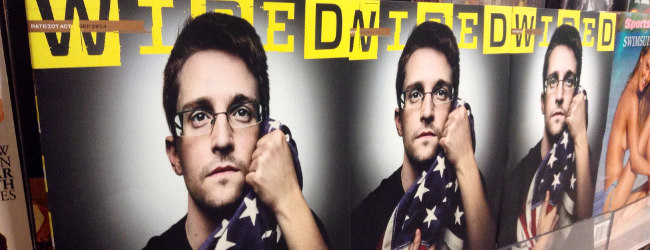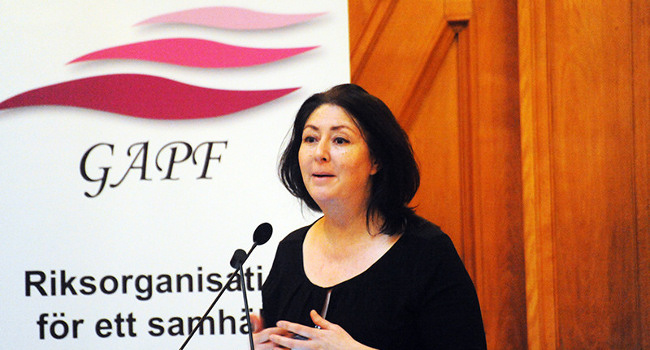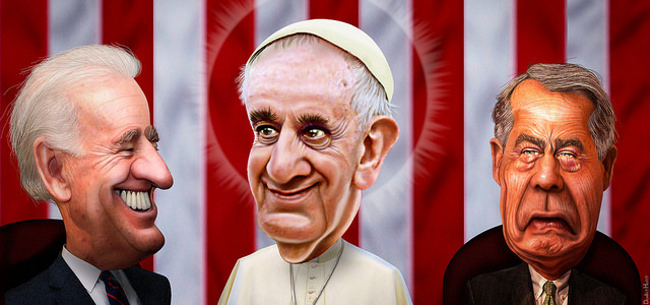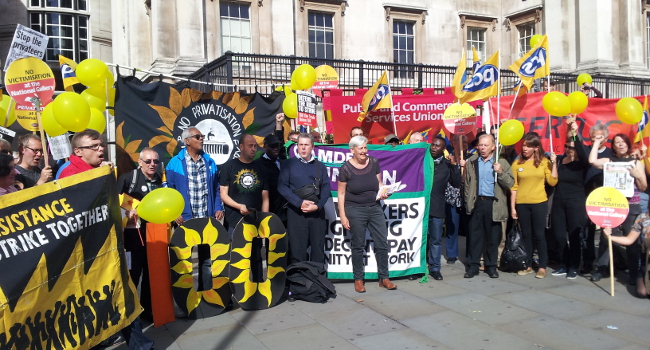Edward Snowden, the NSA whistleblower responsible for revealing mass snooping by both British and American spies, opened a Twitter account on Tuesday in style.
In his first message Snowden even took the opportunity to mock the spy agency that he used to do contract work for, tweeting:
Can you hear me now?
— Edward Snowden (@Snowden) September 29, 2015
Seemingly the message is a reference to the American telecoms company Verizon, which created a number of adverts flaunting the supposed superiority of its phone network, one of which is below:
The gag is that the first story from the trove Snowden leaked to journalist Glenn Greenwald concerned mass collection of Verizon customers’ telephone data.
In later tweets Snowden shot the shit with astrophysicist Neil deGrasse Tyson, who welcomed the whistleblower onto Twitter as a “patriot”, a term much contested in America where national pride is a more vaunted quality than in Britain.
Ed @Snowden, after discussing everything from Chemistry to the Constitution on #StarTalk, you’re a patriot to me. Stay safe. — Neil deGrasse Tyson (@neiltyson) September 29, 2015
Jack Dorsey, chief executive of Twitter, was equally pleased, but others were not so impressed by the arrival of Snowden.
Yes! Welcome to Twitter. https://t.co/gUBQpET6Gg
— Jack (@jack) September 29, 2015
Some say you have courage, I saw real courage on #Sept11 You are just a traitor who put American lives at risk. https://t.co/RRWtmMzyxE — George E. Pataki (@GovernorPataki) September 29, 2015
Oh, and the only Twitter account Snowden is following? The NSA, naturally.
Image Credit – Edward Snowden, Wired cover, September 2014 by Mike Mozart




